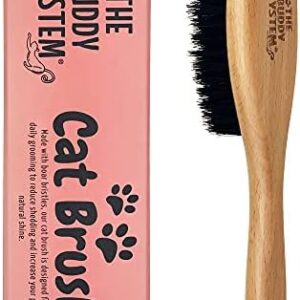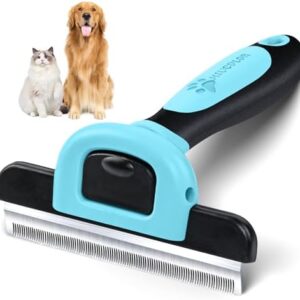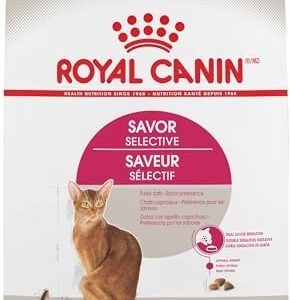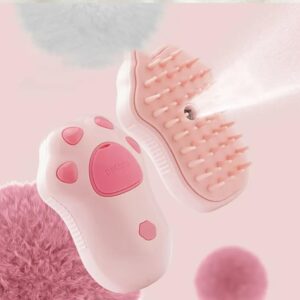
Feeding your beloved feline friend may seem like a straightforward task, but there are actually quite a few common mistakes that pet owners make when it comes to their cat’s diet. It’s important to remember that cats are carnivores and have specific dietary needs that must be met in order to keep them healthy and happy. Here are some common mistakes to avoid when feeding your cat:
1. Feeding the wrong type of food: Cats are obligate carnivores, which means that they require a diet high in meat protein to thrive. Many commercial cat foods contain fillers and by-products that may not provide the nutrients your cat needs. It’s best to choose a high-quality cat food that lists a meat protein as the first ingredient. Avoid giving your cat foods that are meant for humans, as they may contain ingredients that are harmful to cats.
2. Overfeeding or underfeeding: It can be easy to unintentionally overfeed or underfeed your cat, especially if you free-feed or don’t measure out their portions. Obesity is a common problem in pet cats and can lead to a variety of health issues, including diabetes and joint problems. On the other hand, underfeeding can lead to malnutrition and other health problems. It’s important to portion out your cat’s food according to their weight, age, and activity level, and to follow the feeding guidelines on the food package.
3. Not providing enough water: Cats need access to fresh, clean water at all times. Dehydration can lead to urinary tract issues and other health problems. Some cats are picky about drinking water, so you may need to try different types of bowls or water fountains to encourage them to drink more. Wet food can also help increase your cat’s water intake. If you notice that your cat is not drinking enough water, it’s important to consult with your vet.
4. Feeding the same food all the time: Cats can be creatures of habit and may be resistant to trying new foods. However, feeding your cat the same food day in and day out can lead to deficiencies in their diet. It’s important to offer a variety of foods, including wet and dry food, to ensure that your cat is getting all the nutrients they need. You can also try rotating different brands and flavors of food to keep things interesting for your cat.
5. Giving too many treats: Treats are a great way to bond with your cat and reward them for good behavior, but too many treats can lead to weight gain and other health issues. Treats should only make up a small portion of your cat’s daily caloric intake. It’s best to choose high-quality treats that are low in calories and offer nutritional benefits, such as dental health or hairball control. Always read the feeding guidelines on the treat package and avoid over-indulging your cat.
6. Ignoring food allergies or sensitivities: Just like humans, cats can develop food allergies or sensitivities to certain ingredients. If your cat is experiencing symptoms such as itching, vomiting, diarrhea, or hair loss, it’s possible that they have a food allergy. Common allergens in cat food include beef, dairy, fish, and grains. If you suspect that your cat has a food allergy, it’s best to consult with your vet to determine the cause and find an appropriate diet for your cat.
7. Not consulting with your vet: Your vet is your best resource when it comes to your cat’s diet. They can provide guidance on the best type of food for your cat’s age, weight, and health condition. Regular check-ups with your vet can also help to catch any potential health issues early on. If you’re unsure about your cat’s diet or have any concerns, don’t hesitate to reach out to your vet for advice.
In conclusion, feeding your cat may seem simple, but there are many common mistakes that pet owners make when it comes to their cat’s diet. By avoiding these mistakes and following the tips above, you can ensure that your cat is getting the nutrition they need to stay healthy and happy. Remember to consult with your vet regularly to ensure that your cat’s diet is meeting their needs. Your cat will thank you for it with purrs and cuddles.






